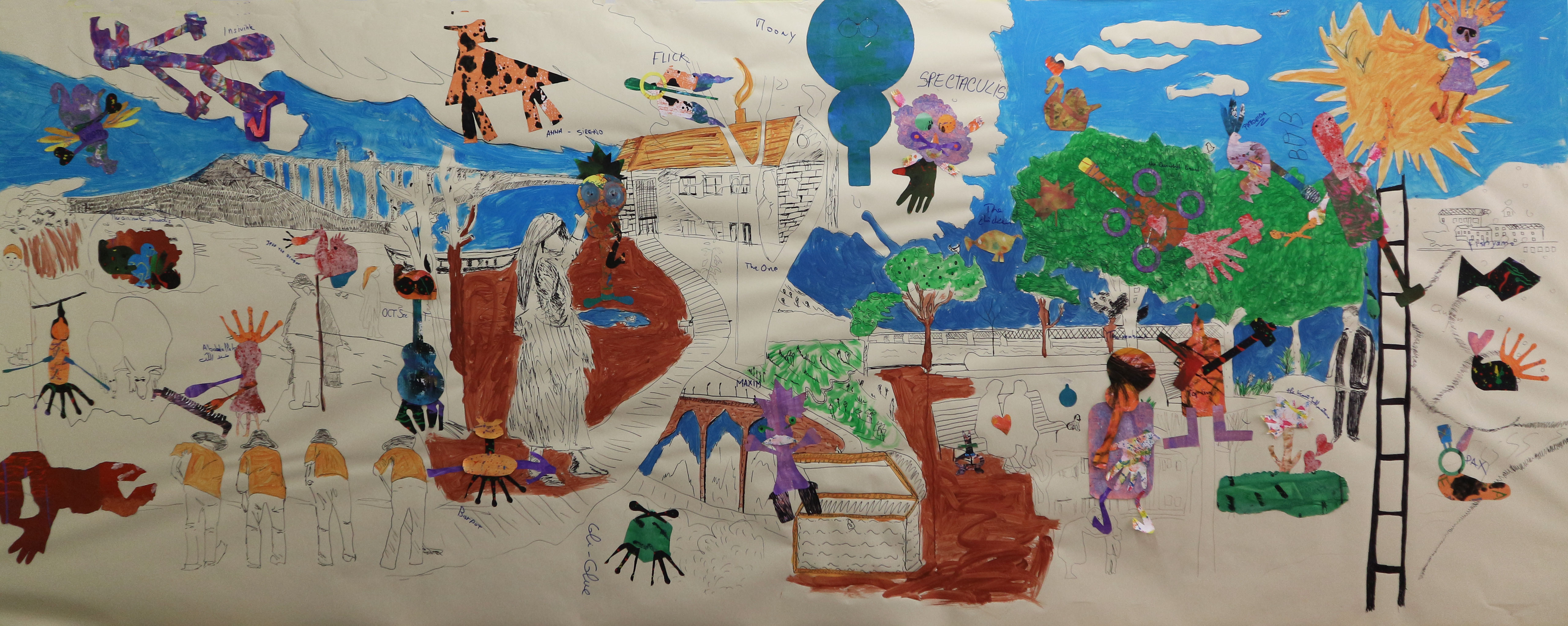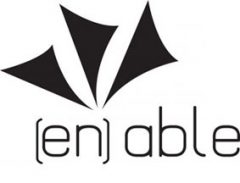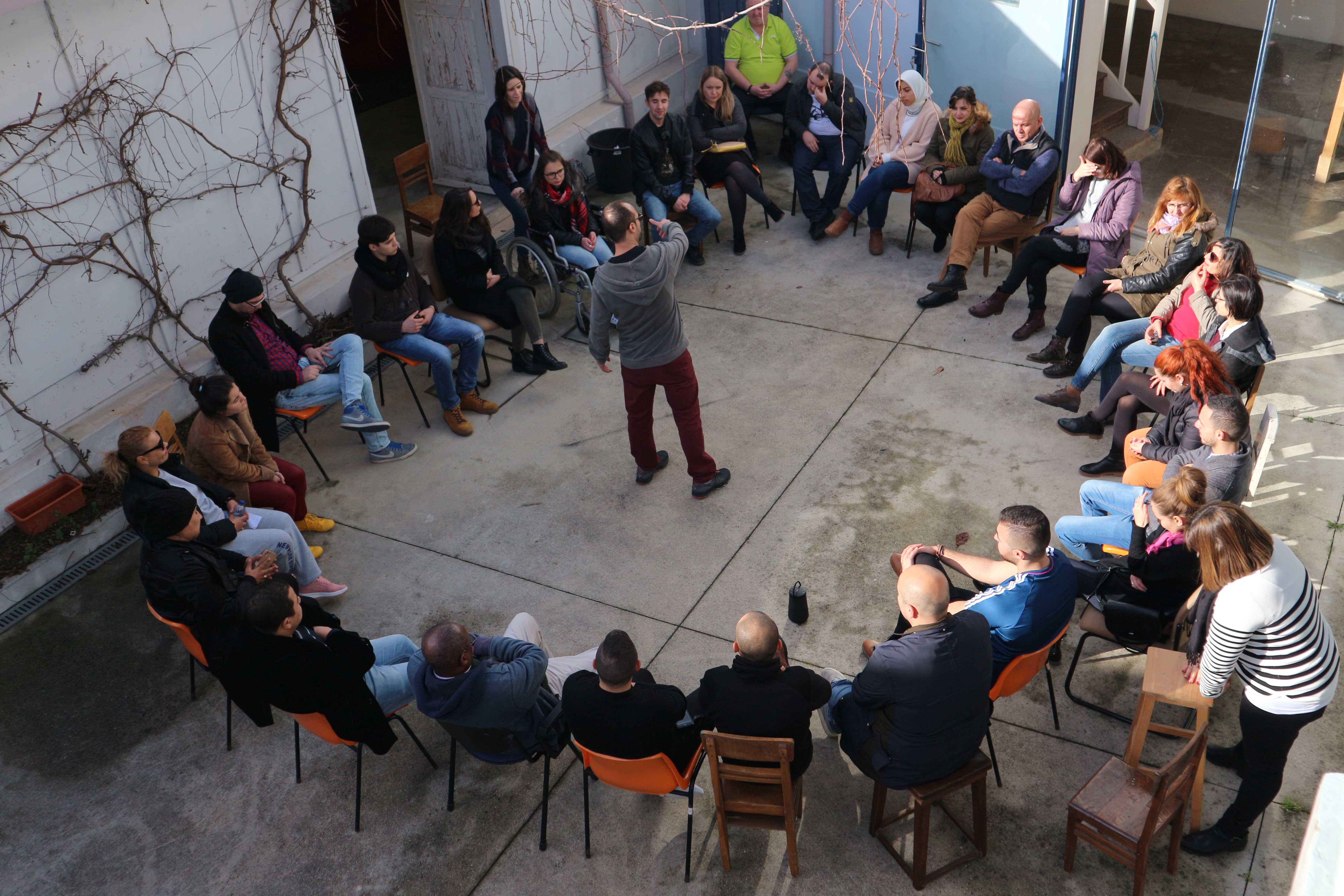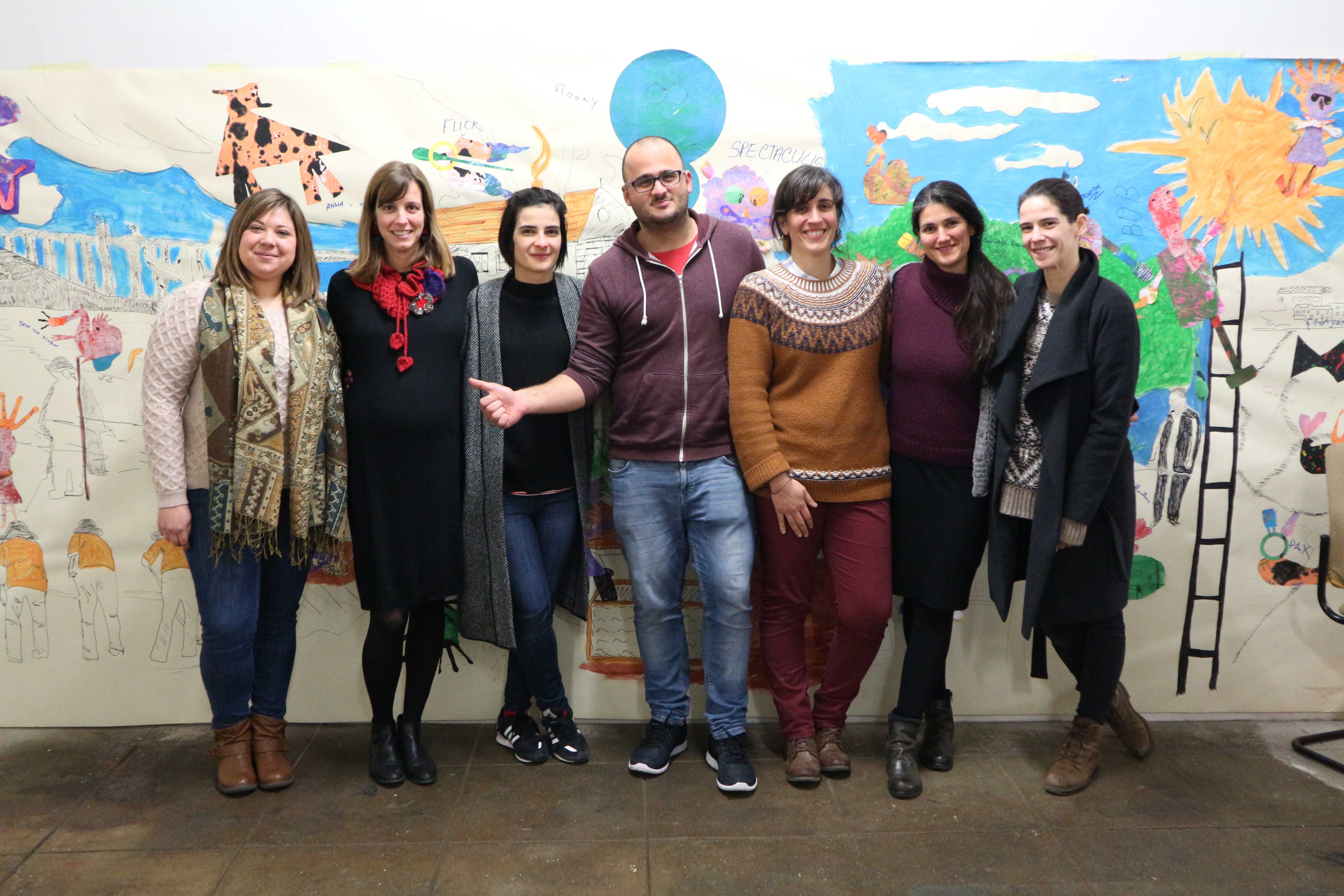
(en)Able is training course designed to foment the involvement of young people with disabilities in youth work, youth initiatives, and projects. If involvement is a challenge for many youngsters in disadvantaged conditions, this is more so when they have any kind of physical or psychological disability. Apart from evident physical barriers that might make involvement more challenging, there is also, even when there is will, lack of knowledge and barriers on how to address these obstacles by the youth workers involved. The (en) ABLE team will equip youth workers participating in this training course but also those who accompany the works (and the aftermath) of the training course through this online tool. We will depart from empathy to achieve legal literacy on rights of the persons with disabilities and active participation to make NGOs more inclusive towards disability.

Partner Institutions
All Community for Developmental Coaching, Jordan
Asociatia Psihologilor Profesionisti din Romania, Romania
Association des Jeunes pour l’Environnement et la Culture ( A.J.E.C), Algeria
Association tunisienne de la jeunesse et de l’avenir, Tunisia
Casa da Imagem, Fundação Manuel Leão, Portugal
DONUM ANIMUS, Latvia
Youth Pioneers, United Kingdom
MI HI For Training And Development, Egypt
Prisms Malta, Malta
Evaluation
This report presents the conclusions of the short-term evaluation process conducted to assess the (en)ABLE training course.
This course was direct to youth workers and leaders to make their organisations more inclusive towards youngster with disabilities. It was approved by the ERASMUS + programme of the European Union, within the key action ‘Learning Mobility of Individuals’ and was designed to foment the involvement of young people with disabilities in the youth work.
The report presents the results of the training course appraisal following four main evaluation approaches:
• The first one dedicated to measure the efficiency, the performance and development of the project, during its progression (formative evaluation);
• The second, intended to gauge the effectiveness of the project, assess if the proposed objectives were achieved (summative evaluation);
• The third one to assess the short-term impacts, by analysing the social change produce by the project (impact evaluation).
• The fourth and last, committed to produce a diagnosis to measure each partner organization level of inclusion (front-end evaluation).
Previously to the measurement component and in order to perform the initial step of the evaluation process, a theory of change (TOC) was built to explain and explore who are the project beneficiaries and how they are affected by the (en)ABLE, by outlining the intermediate outcomes that can contribute to the impact and the activities and outputs delivered.
The main goal of the entire assessment is to consolidate and disseminate the results of this pilot project and foment its replication and communication towards different areas beyond the third-sector organizations (the non-governmental organizations).
Furthermore, it is important to refer that since this project was approved and built, it has not only consolidated its primary action of developing a training course for youth leaders, but also progressed to become a long-term intervention program target to youth and disabilities, with the creation of measures of action and follow-up and with the intention to spread the same logic of inclusion into other areas beyond work and stimulate the development of inclusion policies in terms of youth work.


